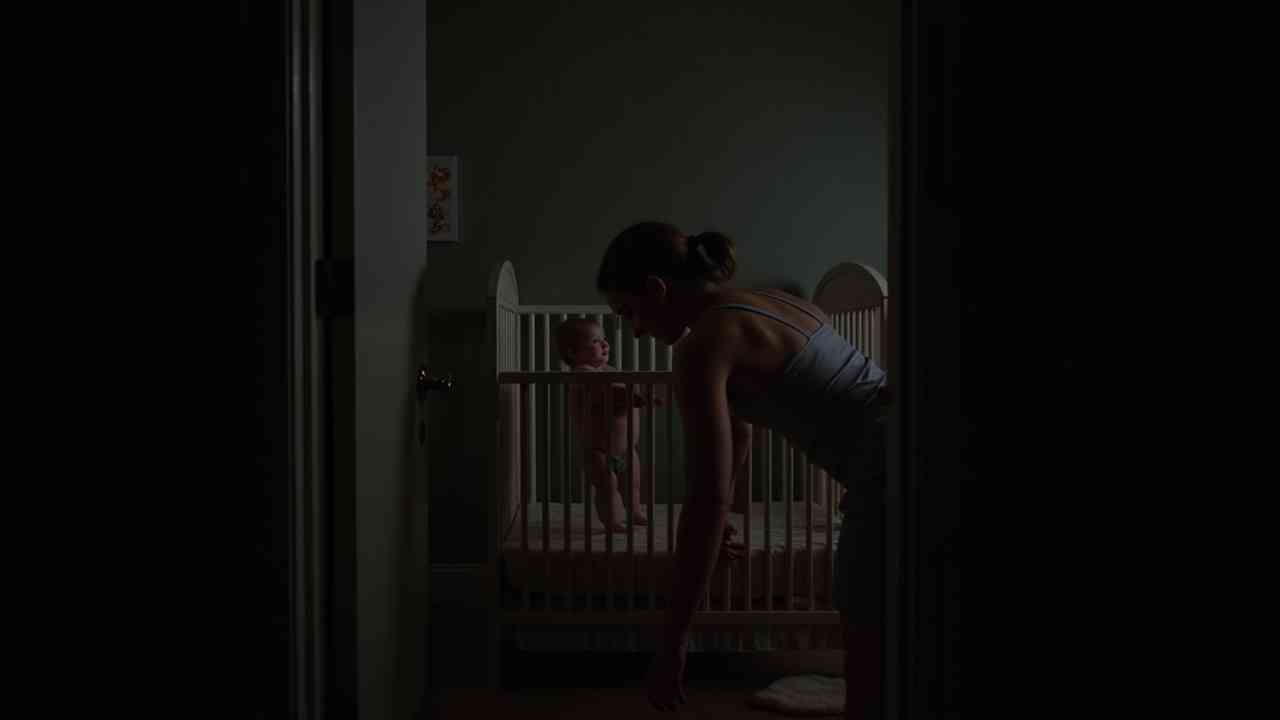
⏳ How Long Do Sleep Regressions Last? A Parent's Guide
⏳ How Long Do Sleep Regressions Last? (A Parent's Survival Guide) ⏳
You have just gotten into a good sleep groove with your little one, and then suddenly, it all falls apart. Your baby is fighting naps, waking up all night long, and is generally fussy. Welcome to the world of sleep regressions. This experience can be exhausting and confusing for parents.
So, the big question on every tired parent's mind is, how long do sleep regressions last? The great news is that while they feel like they last forever, these phases are temporary. Understanding the timeline and the reasons behind them is the key to getting through with your sanity intact.
This guide will provide a clear timeline and the essential survival tips you need. Let's get your family back to more restful nights. ✅
🤔 First, What Is a Sleep Regression?
A sleep regression is not a step backward in your child's development; it is actually a sign of a massive leap forward. These sleep disruptions are directly tied to major developmental milestones. Your baby's brain and body are working so hard on new skills that their sleep patterns are temporarily thrown off track.
The main causes are usually:
- Cognitive Leaps: Like understanding object permanence (separation anxiety).
- Physical Milestones: Learning to roll, sit up, crawl, pull to a stand, or walk.
- Changes in Sleep Needs: Like transitioning from three naps to two, or two naps to one.
🗓️ So, What is the Typical Duration?
This is the answer you are looking for. While every child is different, a typical sleep regression lasts for two to six weeks. This is the amount of time it generally takes for your child's brain and body to master their new skill and for their sleep patterns to reorganize.
It is crucial to understand that the duration can be heavily influenced by how you respond. If new, unsustainable sleep habits (or "crutches") are created during this time, the frequent night wakings can continue long after the developmental leap is over. This is why a consistent response is so important.
- A Quick Timeline of Common Sleep Regressions
While a regression can happen at any time, there are a few very common and predictable ages for them.
- 4 Months: This is the big one. It is a permanent change in your baby's sleep cycles from a newborn to a more adult-like pattern.
- 6-8 Months: This is often tied to mastering sitting up, crawling, and a peak in separation anxiety.
- 12 Months (1 Year): This regression is often linked to learning to walk and the transition from two naps down to one.
- 18 Months: This is a notoriously tough one, driven by a toddler's growing independence, teething (molars), and another peak in separation anxiety.
✅ What is the Key to Getting Through Them Faster?
The goal is to support your child through this phase without creating new long-term sleep problems. Consistency is your absolute best friend.
1. Stick to Your Routine: A predictable, calming bedtime routine is a powerful anchor. The cozy autumn evenings here in Bursa are perfect for a warm bath, a quiet story, and a gentle song. It provides a sense of security when their world is changing. 🍂
2. Optimize the Sleep Environment: A pitch-black room and a white noise machine are essential. They help to minimize distractions for your baby's newly alert and curious brain.
3. Be Reassuring but Consistent: It is important to respond to your child, but try to keep interactions brief and boring at night. The goal is to be a comfort, not an entertainer.
Remember, this is a phase. It is a sign that your child is growing and developing in a healthy way. Be patient, stay consistent, and peaceful sleep will return. 😴